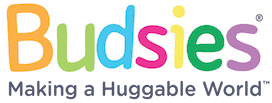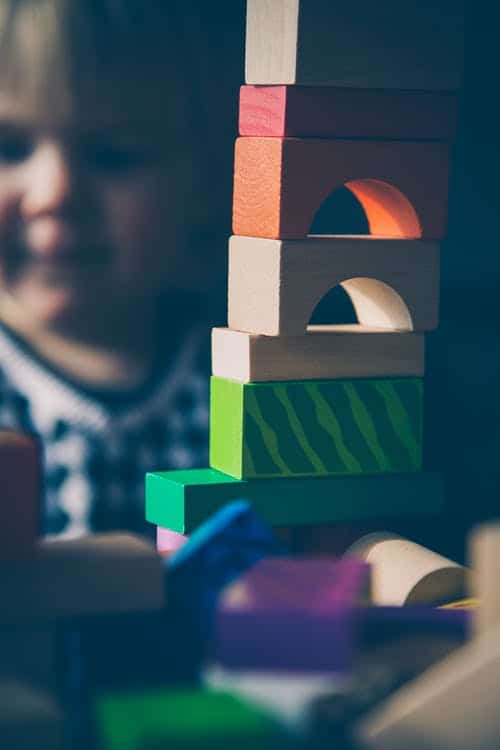We are a professional blog site that may receive compensation or free samples from the companies whose products and topics we write about. We are independently owned, and the opinions expressed here are of the writer. To read the full disclosure click here.
______________________________
It’s a fact across the world, and increasingly in the developed world, that with all the pressure on young ones to perform and excel, they don’t get to play nearly as much as their parents and grandparents used to.
Free play is essential for a child’s emotional development and studies have shown that, without it, children become prone to develop anxiety, depression and other mental health disorders.
Peter Gray, a research professor at Boston College and author of Free to Learn, wrote a column about the decline of play and the simultaneous rise of children’s mental disorders for Psychology Today.
He maintains that free play and exploration are, historically, the means by which children learn to solve their own problems, control their own lives, develop their own interests, and become competent in pursuit of their own interests.
When children are in charge of their own education, he says, they learn better—and at lower cost than the traditional model of coercive schooling.
He may be on to something. In an Op-Ed for The Organization for Economic Cooperation and Development (OECD), Andrew Bollington, Vice President of Research and Learning at the LEGO Foundation said that a recent survey of 500 US executives revealed that 92% believe there is a job skills gap. And of that overwhelming majority, nearly half believed the gap was in critical thinking and ‘soft skills’ such as communication, creativity and collaboration.
He wrote in a blog titled, “Playing your way to work”:
“Our growing understanding of brain development shows that it is at play that young children best develop their working memory, pattern recognition, eye tracking, language, and fine motor skills that they will need when learning to read and write. Skipping these pre-literacy skills leaves gaps in the cumulative learning process. These gaps can lead to frustration and disengagement, creating the need for much more expensive remedial intervention later on.”
Academics point to many other cognitive and behavioral skills such as self-regulation and executive function, for example, that are developed early on through playing.
The America’s Skills Challenge: Millennials and the Future shows that on average America’s millennials (those aged 16 – 34) – despite having the highest levels of education of any previous generation – demonstrate weak skills in numeracy, problem-solving and literacy compared to their international peers.
A 2003 study by Wolfgang et al showed that when children played with LEGO (a form of brick play), they achieved higher marks in mathematics in their middle and high school years.
And authors Jirout and Newcombe found in 2015 that the more time kids spend playing with spatial toys such as blocks and puzzles, the better they perform on IQ tests of spatial ability which can be defined as the ability to generate, retain, retrieve, and transform well-structured visual images. I.e., to imagine or visualize an invention, and then build it.
Playing with LEGO can also influence a child’s career choice later in life. Tiffany Tseng, an engineer at MIT Media Lab explained the link between Lego and engineering: “Legos are a good introduction to communicating ideas with physical objects. Putting things together and taking them apart got me interested in how things work, and by the time I was an undergraduate, I knew I wanted to be an engineer.”
A lot has been written about the benefits of playing with bricks, such as developing fine motor skills, problem-solving abilities and fostering creativity, but parents are not generally aware of how it affects children’s mental development and develops the skills they’ll need as adults.
By building free playtime into their every day, we are creating an environment that optimizes children’s ability to educate themselves through their own playful means, and actively help them develop the tools they need to be happy, successful and well-rounded adults.
As Bollington says, “Change in the first five years’ changes everything that follows.”
Through the Lego Foundation’s ongoing educational research, children have a great opportunity to develop their minds while benefiting from the latest play-based learning innovations. One of the key features of all Legoland parks is a guided free play area where kids can play and explore building anything they can imagine using thousands of Lego shapes.
There are several Legoland parks across the world, including the United States, Japan, Korea, India, China, and Legoland Dubai in the United Arab Emirates.




